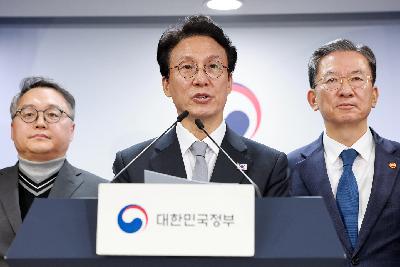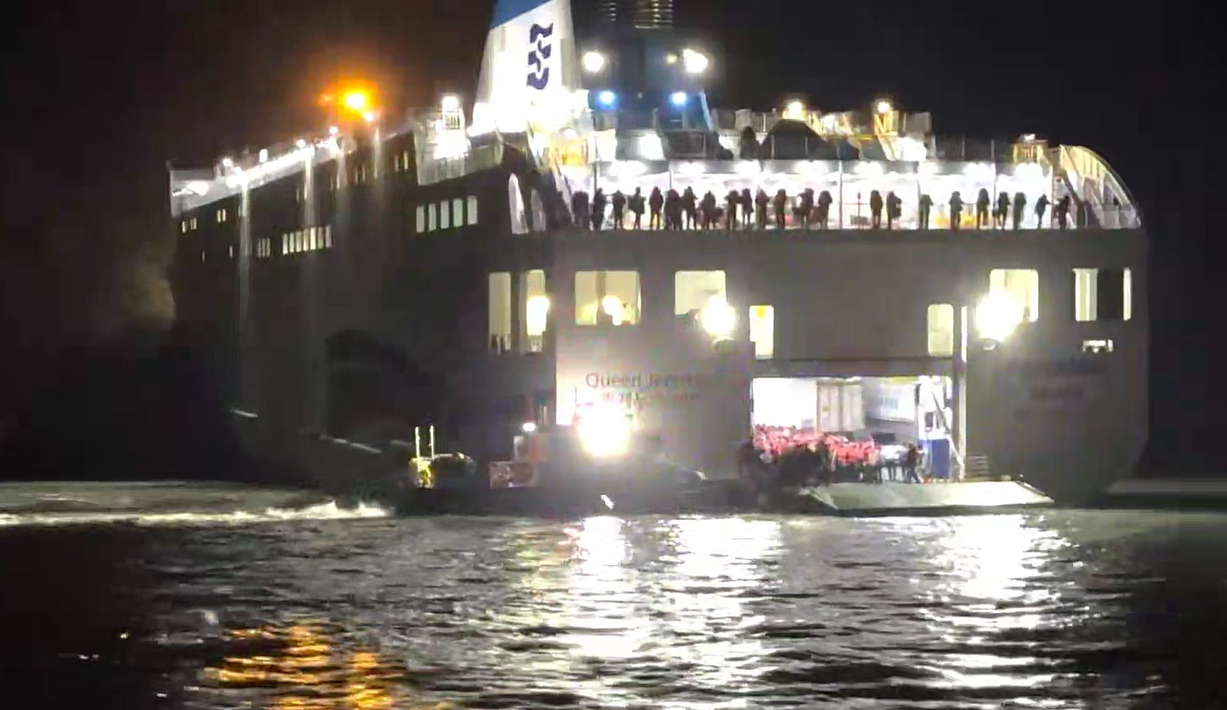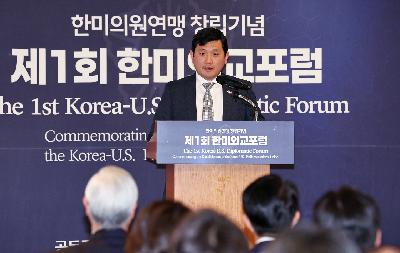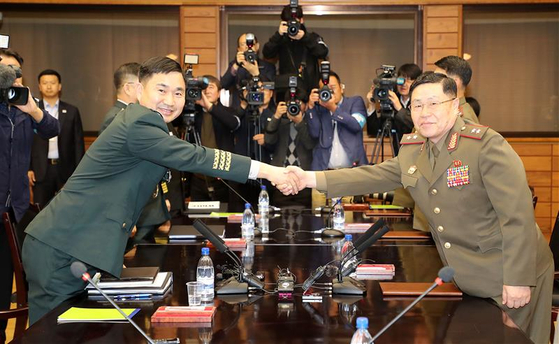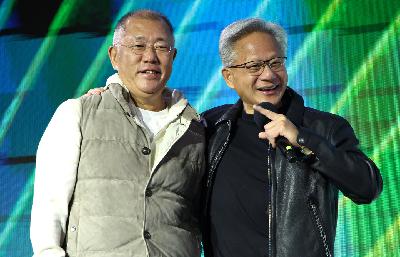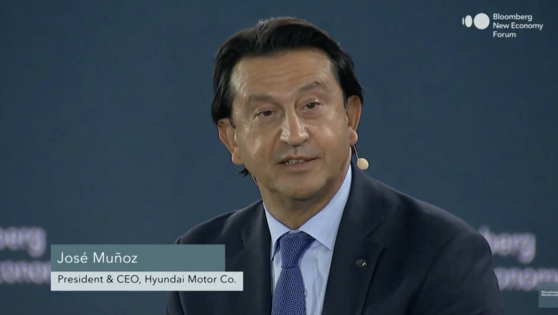A welcome victory in the Lone Star case — now Korea must strengthen its ISDS capabilities
Update: 2025-11-19
Description
Korea has won a decisive victory in its second investor-state dispute settlement (ISDS) with U.S. private equity fund Lone Star. On Nov. 18, the International Centre for Settlement of Investment Disputes (ICSID) overturned its earlier ruling, which ordered Korea to pay Lone Star $216.5 million, or roughly 317.3 billion won, in damages plus interest. The cancellation of what amounted to nearly 400 billion won - once delayed interest was included - is unquestionably a welcome outcome.
Lone Star filed the ISDS claim in 2012, arguing that the Korean government had delayed the approval for the sale of the Korea Exchange Bank. The fund pressured the government to accept a lower price. A decade later, in 2022, an ICSID tribunal ruled in Lone Star's favor. At the time, Justice Minister Han Dong-hoon in the Yoon Suk Yeol administration sought an annulment of the decision. Critics said the attempt was unrealistic because ICSID reviews are effectively single-stage proceedings, and their annulment rate hovers at around 5 percent. The Democratic Party (DP), then the opposition, accused the government of risking even more interest charges. Consequently, many observers likely felt uneasy while watching the DP leadership hold an emergency briefing and hail the ruling as a "major achievement" of the current administration. Han later said the party should apologize to the public instead of "jumping in belatedly to take credit."
Han deserves recognition. He pursued a difficult legal course on grounds of national interest. It is also important to acknowledge that Jung Hong-sik, the Justice Ministry official who directed the arbitration work, was appointed in February last year under the Yoon administration.
Korea's victory stemmed from a legal strategy that relentlessly targeted procedural flaws. ICSID adopted evidence unfavorable to Korea while denying Korean lawyers adequate opportunities to present arguments and conduct cross-examinations. The case underscores the importance of strong ISDS response capabilities, or the ability to marshal precise legal reasoning and documentation in highly technical international disputes. This is no time for political competition.
Korea is currently facing six ISDS cases, including the dispute with U.S. hedge fund Elliott over the 2015 merger of Samsung C&T and Cheil Industries, in which Elliott demanded more than 1 trillion won. As Korean investment in the United States expands, the number of ISDS cases brought against Seoul may grow. To prevent predatory foreign funds from treating Korea like an easy target - and to protect Korean companies from similar risks abroad - both the government and industries need to improve their ISDS preparedness.
The case also highlights the value of civil servants who remain steady regardless of shifts in ideology or government. Even as the Dec. 3 martial law incident, the presidential election and a change of administration shook the political landscape, the legal teams handling international arbitration continued their work. The current administration, which is rattling the bureaucracy with investigations into alleged involvement in the martial law attempt, should take note.
This article was originally written in Korean and translated by a bilingual reporter with the help of generative AI tools. It was then edited by a native English-speaking editor. All AI-assisted translations are reviewed and refined by our newsroom.
Comments
In Channel

